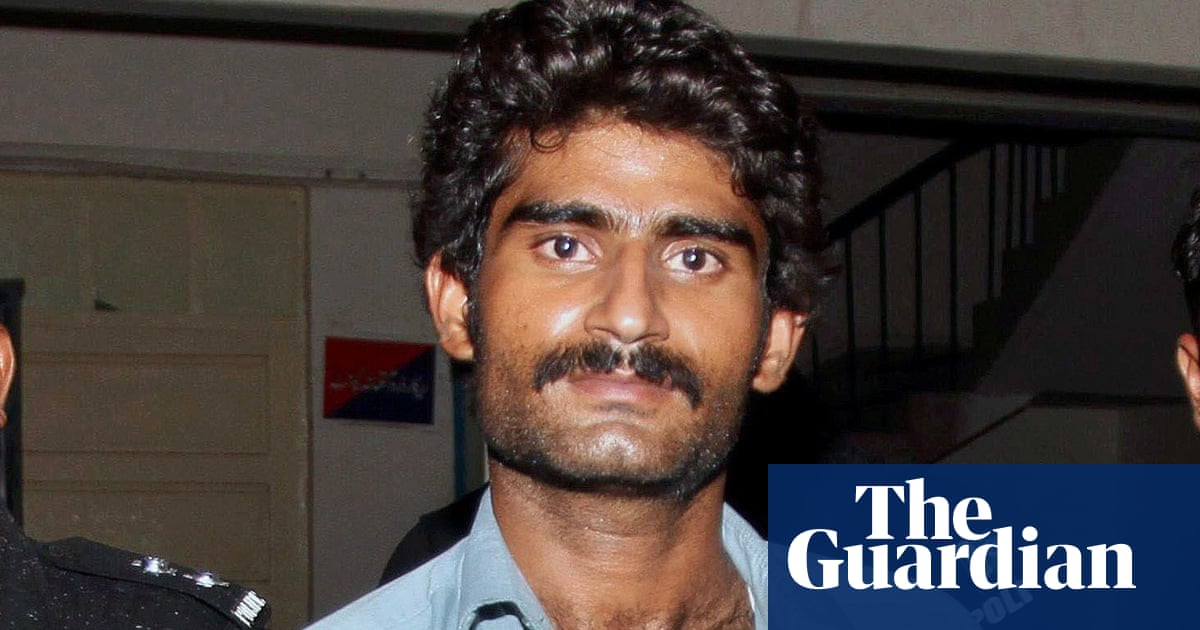
A Pakistani man sentenced to life in prison in 2019 for strangling his sister, a model on social media, has been acquitted of murder after his parents pardoned him under Islamic law.
Waseem Azeem was arrested in 2016 after he confessed to killing Qandeel Baloch, 26, for posting what he called “shameful” pictures on Facebook. He was convicted of murder and sentenced to life in prison but his parents had sought his release, said Sardar Mahboob, a lawyer who represents Azeem and his family.
Islamic law in Pakistan allows a murder victim’s family to pardon a convicted killer. Baloch’s murder at the time drew nationwide condemnation, but critics suspected Azeem could walk out of prison after his conviction if his parents forgave him.
Mahboob said Azeem, who has shown no remorse for the killing of his sister, could be freed as early as this week after the completion of paperwork.
Baloch rose to fame in a patriarchal and conservative country and became renowned for her bold and defiant posts. She was praised and condemned by people for breaking social taboos.
The siblings’ mother, Anwar Bibi, welcomed the court order. “I am happy over the acquittal of my son, but we are still sad for our daughter’s loss,” she said.
Baloch was found strangled in her home near the city of Multan in Punjab province. She was killed after she posted pictures on Facebook of herself with a Muslim cleric, Mufti Abdul Qawi, who was later arrested for his alleged involvement in the murder.
The cleric was later freed as police said they could not establish a link to the murder.
Nearly 1,000 Pakistani women are murdered by close relatives each year in so-called “honour killings” for violating conservative norms on love and marriage. Such killings are considered murder. But Islamic law in Pakistan allows a murder victim’s family to pardon the killer, which often allows those convicted of honour killings to escape punishment.
Months after the killing of Baloch, Pakistan’s parliament unanimously passed legislation against “honour killings” – mandating life imprisonment, 25 years in prison, for convicted murderers even if the victim’s relatives forgive them.
Activists have campaigned against honour killings for years and the legislation was hailed as a major step towards punishing perpetrators and stopping the practice of giving pardons to the killers.
Women’s rights activist Nighat Dad has been following the case since 2016 and has campaigned for justice for Baloch. Dad told the Guardian that Baloch’s case was the most famous honour killing case and a test case for the state.
She said: “The state was a party in the case and it is responsible and answerable to us [for] what happened today and it has to tell us how the killer was acquitted after the introduction of new law against honour killing.”
Dad said that a judge has discretionary power to decide in honour killing cases, even if parents pardon their son for killing a daughter.
“This judgment shows the loopholes in our system and introduced laws,” Dad said.
Watch our documentary – Qandeel: the life, death and impact of Pakistan’s working class icon








